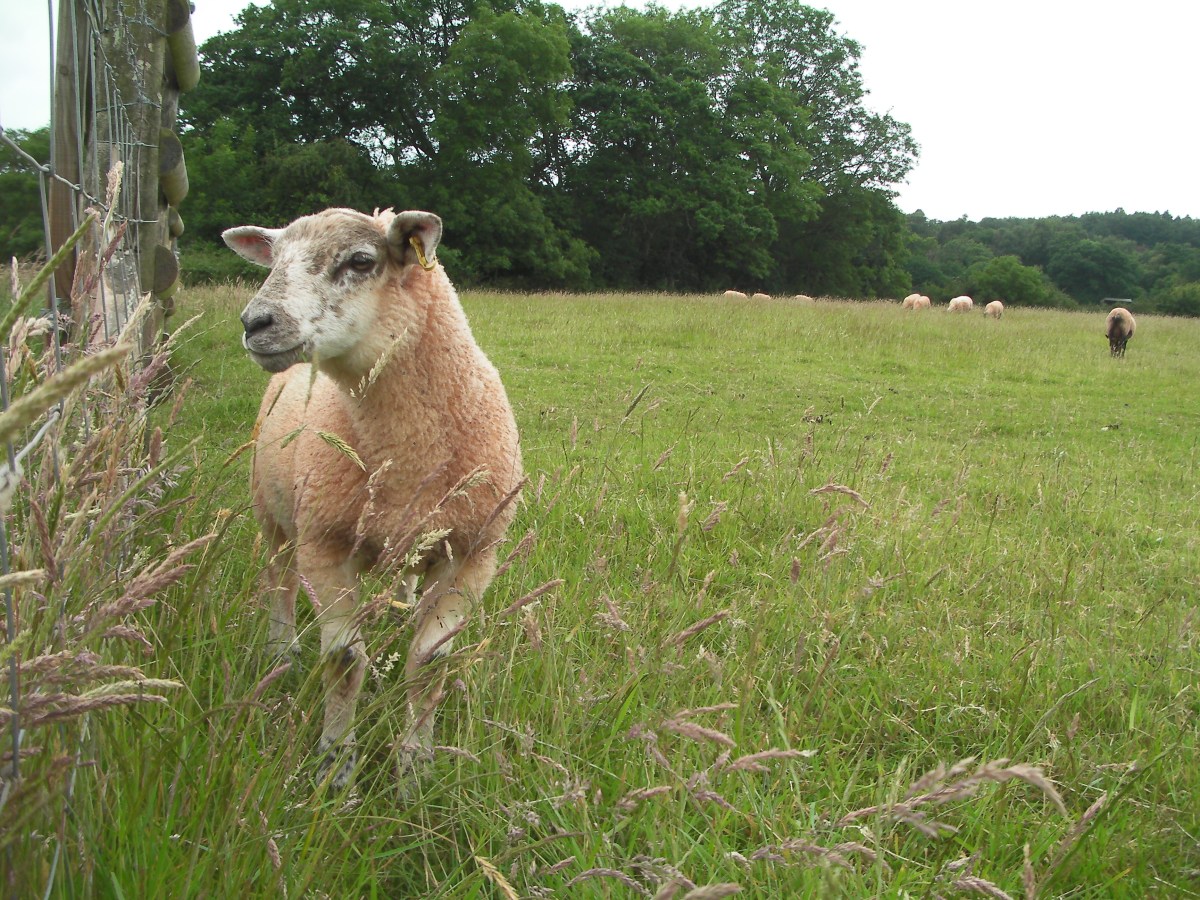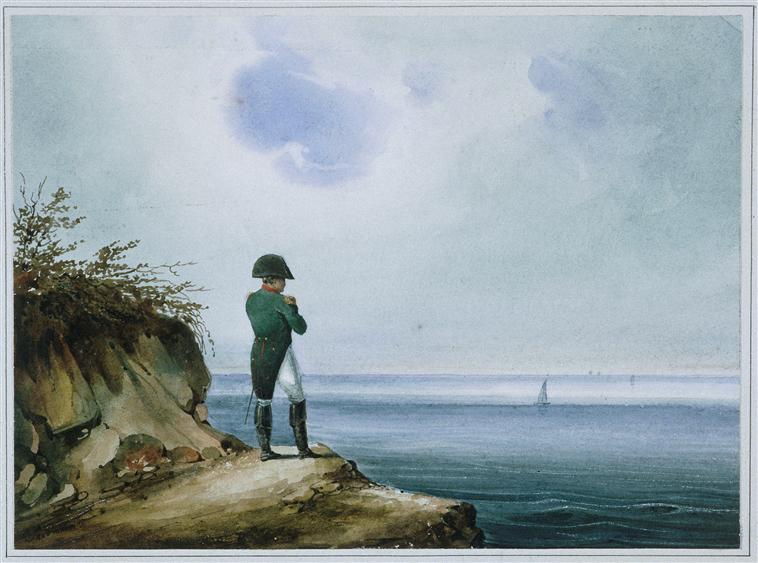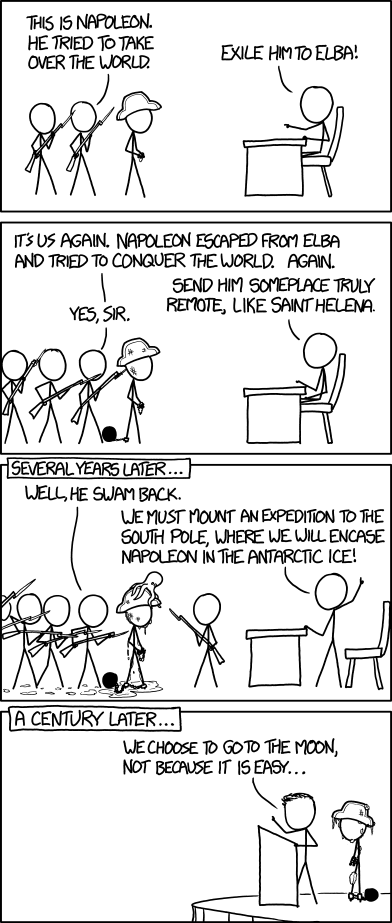A Formulaic Romance
This is the start of another story Amelia and I are putting together. There’s a pun in the title that will become obvious in time.
The story starts with Rachel, Lady Hayforth, throwing the dice in a desperate try at the marriage mart and coming up short when her carriage breaks down in the middle of nowhere. After a complicated string of happenings, she ends up engaged to Rupert, Lord Hartshorne, an aspiring chemist who did mysterious things for the war office in the recent past. His notebooks have gone missing, and a mysterious Mr Oliver is involved. Last week Rachel and her friends went to look at the stars after an eventful afternoon. George has left for the village. One might think that Rachel’s life would get simpler without this distraction, but that would be no fun.
Rupert showed he has something that connects his shoulders to his hips. Last week, the start of a new chapter shows that another of his talents is important. We discover why it was so important that Rupert come with Sir Roger this week.
When you’ve finished with this tripe, take a look at the better authors in Snippet Sunday.
“Sir Roger is downstairs. Says you’re needed. This very instant.”
Rupert rose, “If you’ll pardon me.” Then he followed the innkeeper downstairs.
Rachel looked around, “Well?” Seeing that Charity looked away from her, she continued, “Lucy, look after Miss Deacon. I’ll see what’s happening to my, my fiancé.”
She arrived downstairs just in time to see Sir Roger lead Rupert out of the building. Something was amiss, but Rupert went with him voluntarily. She followed, equally willingly, and with even more curiosity.
They hadn’t proceeded far down the street before Rupert turned around and saw Rachel. “Lady Hayforth, go back to the Hart.”
“No, I’m coming with you.”
“I’m not in trouble.”
“Not yet,” Sir Roger said.
“I assure you, Sir Roger, if I wanted to make explosives, I’d do it myself, and they would not explode until I wanted them to. I wouldn’t hire someone off the docks.”
“Rupert,” Rachel asked, “Why would they think you were involved?”
“Apparently my missing notebook,” He gave a nervous laugh, “It’s been found, or at least fragments of it have.”
“Who is your solicitor, or should I send an express for your uncle. Have your dashing Uncle George get you out of trouble, again?”
“That won’t be needed, Ma’am.” Sir Roger bowed, “But the scene … no place for a woman.”
Rachel laughed, “Depends on the woman.”
“Charity, will she be well? Please don’t neglect her.”
“Miss Holloway is there. Lucy won’t let anything harm the darling Miss Deacon.”
“You should be there as well, with your companion.”
“No.”
“What do you mean by that?”
“I should be here, with you. Keep you out of mischief.”
Sir Roger gave a nervous laugh, all he was up to, and said, “Strong willed chit, ain’t she? I’ll see that she stays safe.”
They didn’t walk far before they came to the broken remains of what once had been a handsome half-timbered building near the shipyards. A constable, with the help of several soldiers, who had been on leave, held back the interested bystanders.
“I still don’t see, Sir Roger, what this has to do with me?” Rupert said.
“Here My Lord. This was in the street.” The constable bowed and handed him a tattered book. The cover bore his name.
“My notebook. No, this is a copy, another copy.” Rupert paged through it. “Looks like it was open, held open with a brick, here.”
Rachel pushed her way forward and examined it from Rupert’s side. “I know that writing. Mr”
“My Lady, please. That’s evidence.” Sir Roger quieted her.
Rupert gave a quick giggle. “Whoever copied it missed a few critical details. No wonder it exploded.”
Sir Roger said, “Details?”
“Purity of the acid, keeping the temperature in control … copper, lead, or silver impurities. Don’t let it dry in a copper pot, especially if it’s not purified. There’s a reason it’s taken more than fifteen years to move from the first scent-bottle locks to something the army could use. Still not there, in truth. My friends and I were getting close when that Corsican bandit was finally chained to his kennel.”
“Oh.”
“Yes. It was before my time, but I heard they nearly levelled the Tower of London.”
Rachel asked a more practical question, “What about the man in the building?”
“Poor fellow,” Sir Roger replied, “Not much left of him, but from what I can find out, a sailor … from the Baltic. Maybe Denmark or Danzig.”
“Not a Luddite?”
“Definitely not. Not an Englishman at all. Shame.” Sir Roger waited, cleared his throat, and finally said, “Lord Hartshorne, do you know how to destroy what’s left? Safely, I mean. Can’t have another explosion.”
Rupert laughed, “That’s the rub. I wish I knew. It’s safer when wet, but we’d just burn the residues. Carefully, mind you. It could get exciting.” He smiled at the memory, “We’d have fun with it in the evening.”
Sir Roger had his doubts but said, “I suppose we could wait for it to rain.”
“Unlikely there’s much left. Tricky stuff, tends to all go off at the same time. Do you want me to take a look?”
“If you think you’d be safe.”
Rupert shrugged, “Should be.”
“Rupert, please don’t.” Rachel felt the breath sucked from her body. “I’d. I don’t know … what.”
“My love,” he replied, “I’ve seen too many accidents to be reckless.” Then addressing Sir Roger he added, “You might want everyone to move back.”
He walked forward, and peered over the wall at the red mess that had once been a sailor from Denmark or Danzig or somewhere. “Poor fellow. Looks like he tried to make a large batch and it, ah, got away from him.”
Focused on this, he missed what happened to Rachel. A maid, claiming to be from the Hart, accosted her. “Lady Hayforth?”
“Yes?”
“Miss Holloway, your companion, she’s fallen ill. She needs you at once.”
“Lord no!”
“I’m sorry Ma’am. I was sent to find you.”
Rachel apologized to Sir Roger, “I must see to my friend. At the Hart, tell Lord Hartshorne where I’ll be.”
He nodded, unwilling to take his eyes off Rupert.
Rachel followed the maid towards the Hart. She never arrived.
I’m walking. Not without pain, and not without a little bit of a limp, but I’m walking. It turns out, if you’re ever in this situation, that it’s important to restore flexibility. You can walk through the pain. I moved from my Philmont boots to a pair of trail runners, the same type as I used in Wales last summer.
The part about nearly leveling the Tower of London is true. It did not take very long (less than four years – he patented the pill-bottle lock in 1807 and the synthesis of fulminate was published in 1803) for Alexander Forsyth to invent a reliable firing mechanism that used mercury fulminate. It was, and like modern percussion caps is, a far more reliable way to fire a gun than a flintlock. Having actually fired both percussion and flintlock rifles, the flash in the flintlock pan (it will burn your face and makes safety goggles a must – unless you don’t mind wearing an eyepatch) and its propensity to hangfire if you don’t do everything exactly right makes the flintlock only suitable if you don’t have anything better. The British Army agreed and hired him immediately. It was then, while he worked at the Tower armoury that they discovered the fulminate’s untoward propensity for going off in an interesting and energetic way did not diminish when you had pounds rather than ounces of it.
Forsyth turned down an offer of L20,000 pounds from Napoleon for his discovery. I guess he wasn’t a member of the SNP (snark).

Amelia reminded me to put a link to our book page. The first book in our series, The Art of Deception is now available for preorder with an extract on instafreebie as a teaser.

 The top of Dunkery Beacon is hidden by the clouds in the distance.
The top of Dunkery Beacon is hidden by the clouds in the distance. Porlock Weir is in the distance (There will be another post about that). There is a herd of belted galloway cattle that grazes the heath.
Porlock Weir is in the distance (There will be another post about that). There is a herd of belted galloway cattle that grazes the heath.











 English food is something of a running joke to the French. It’s not that bad. Actually, it’s excellent when properly prepared. The thing is, the Brits do not complain. Well, they do, but very moderately. “I’m not exactly keen on this,” means “I loath and detest it.” So you can survive cooking awful food in a British restaurant – at least for a while.
English food is something of a running joke to the French. It’s not that bad. Actually, it’s excellent when properly prepared. The thing is, the Brits do not complain. Well, they do, but very moderately. “I’m not exactly keen on this,” means “I loath and detest it.” So you can survive cooking awful food in a British restaurant – at least for a while.

 Saint Helena is a small volcanic island in the middle of the South Atlantic. Almost literally the most remote place on Earth (I suppose the south pole and Easter Island are more remote, but not by much.) Since Napoleon could not be trusted to stay put, it became his final abode. The Xkcd comic is appropriate here. It must have seemed like this to the British.
Saint Helena is a small volcanic island in the middle of the South Atlantic. Almost literally the most remote place on Earth (I suppose the south pole and Easter Island are more remote, but not by much.) Since Napoleon could not be trusted to stay put, it became his final abode. The Xkcd comic is appropriate here. It must have seemed like this to the British. .
.